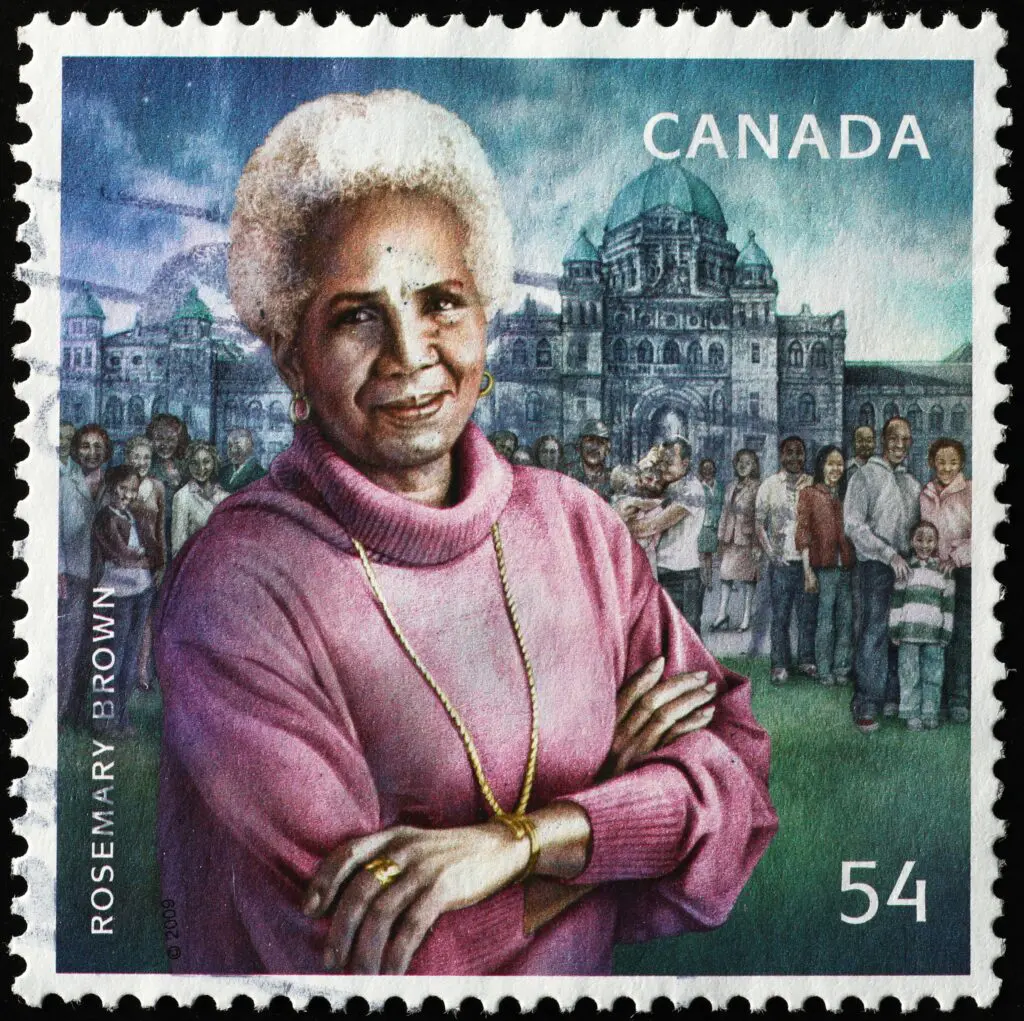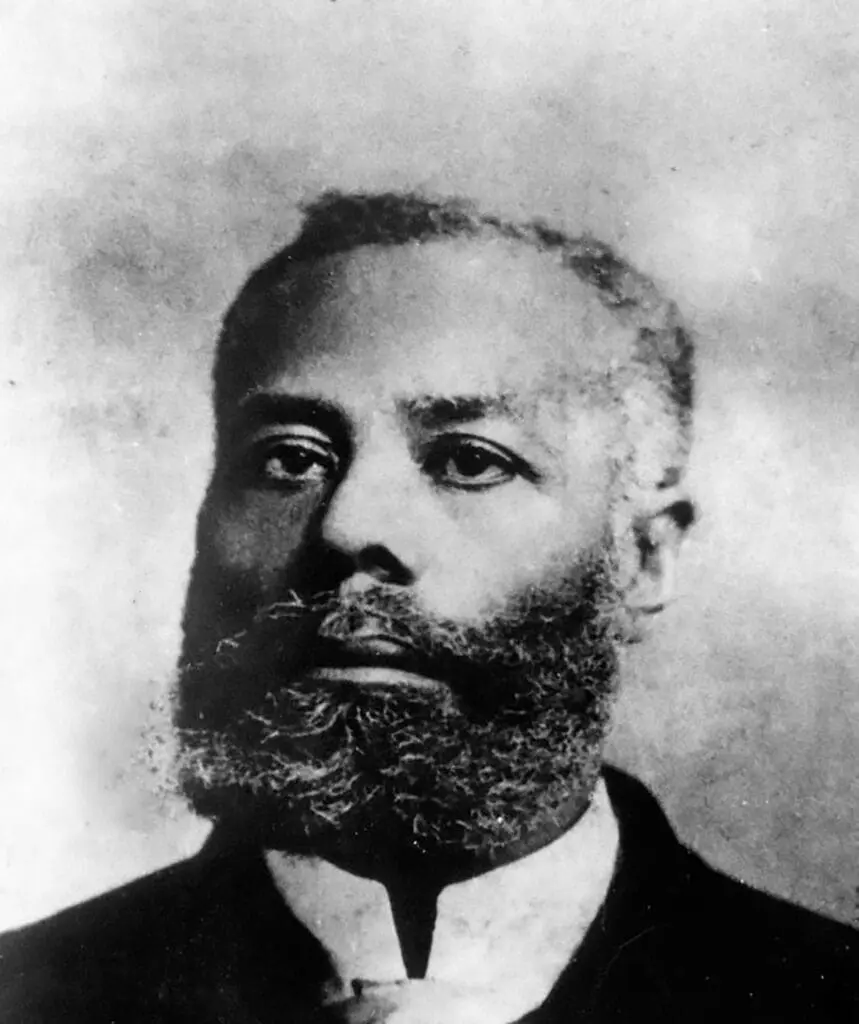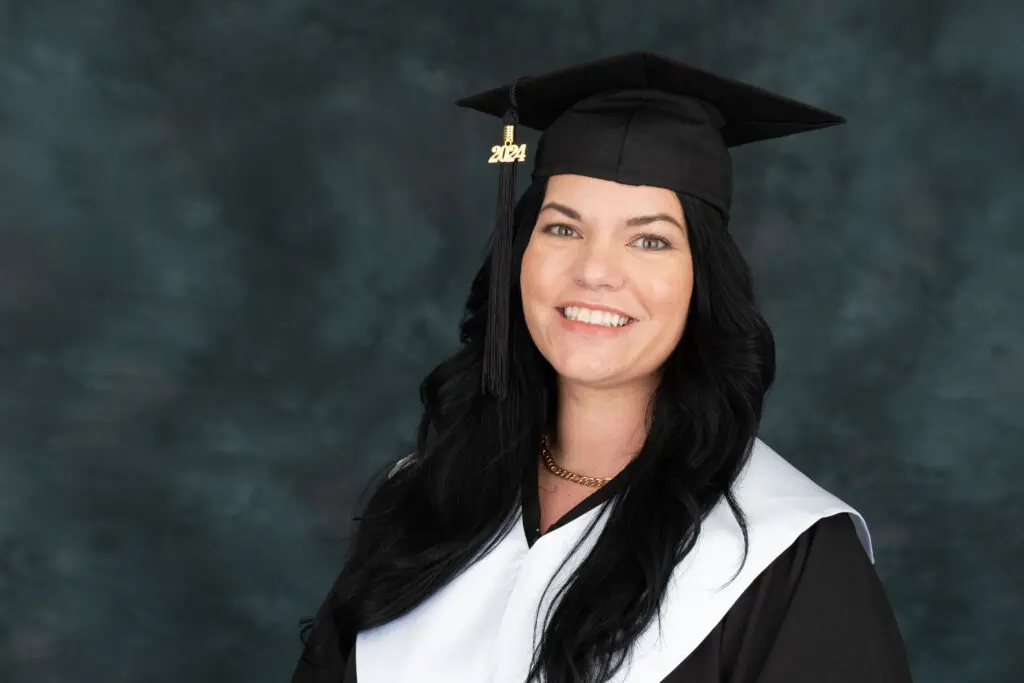In Canada, dual diagnosis refers to an individual who is affected by both a developmental disability and a mental illness. Diagnosing a mental health illness in a person who also has a developmental disability can take time. This is because the process takes the patient’s health, as well as their psychological, behavioral and developmental conditions into consideration.
Outside of Canada, dual diagnosis can also describe someone who has a psychiatric disorder combined with an alcohol or substance use issue. Where addiction is concerned, practices that recognize dual diagnoses in their treatment approach have been more successful than traditional methods in reducing the rate of relapse in patients. In either case, treatment for dual diagnosis focuses on better methods of screening as well as assessment and specialized programming.
If you are planning to pursue community support worker (CSW) career, read on to learn more about dual diagnosis, and the CSWs involvement in its treatment.
Community Developmental Disability Agencies
Most developmental disability agencies in Canada accept self-referrals or referrals from families. After an intake assessment is performed, the patient will receive the most appropriate treatment for his or her needs. Some treatments include; behavioural therapy, counselling, home care and psychological assessments.
Professionals with CSW training might find work in a community developmental disability agency, where he or she would be responsible for performing initial assessments. Additionally, an agency might call on a CSW to provide councelling or home assistance services to patients.
Community Mental Health Agencies
Community mental health agencies can be found in most Canadian regions. These agencies provide case management, counselling and group therapy services. They may also offer nursing and psychiatric services.
In this particular setting, community support workers might be part of the team that designs and implements recreational and vocational programs for people with mental health disorders. Some community mental health agencies also offer specialized support services for individuals with dual diagnosis, as well as services for their families.
Dual Diagnosis Support Programs
Dual diagnosis programs are offered in various healthcare facilities across Canada, such as hospitals, rehabilitation centers, community facilities and more. Social service worker courses emphasize that treating individuals with dual diagnoses is a team effort, which is why dual diagnosis support programs use an interdisciplinary approach.
Typically, these programs involve a wide range of clinicians like psychiatrists, psychologists, behaviour therapists, nurses, occupational therapists, CSWs, and social workers. These professionals work together to determine the best treatment plan for individuals with a dual diagnosis. The team recognizes that dual diagnosis requires a treatment plan that goes beyond separate disability and mental treatment.
While some of these programs tend to have long waiting lists, they are extremely beneficial to people with dual diagnosis.
Once you have earned your CSW diploma, you will be able help dual diagnosis patients receive the proper treatment while truly be making a difference in your community.
Are you interested in learning more by enrolling in CSW courses? Visit Stenberg for more information or to speak with an advisor.







